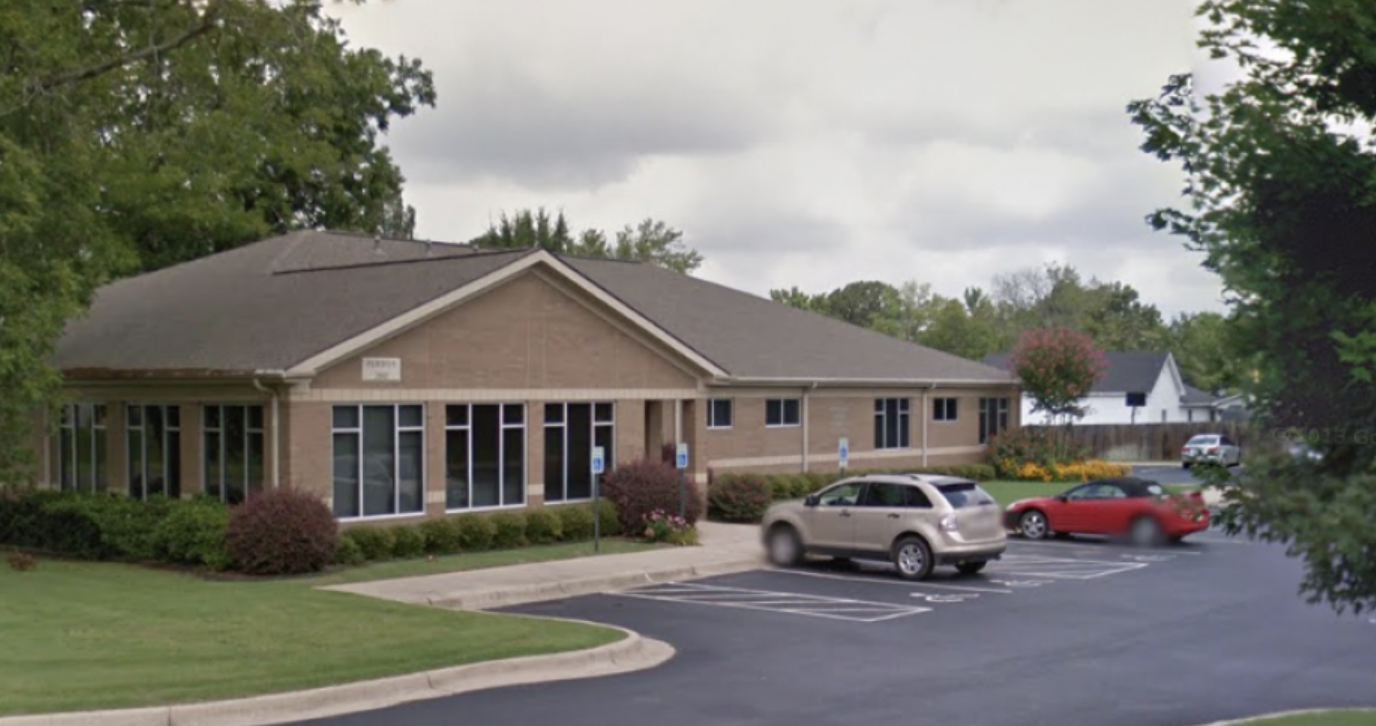By Dr. Shawn Purifoy, Malvern Family Practice
Trust and good relationships with patients are essential in providing high quality healthcare. A key factor in this equation is being available for patients when they have questions or concerns. This availability is especially important for patients dealing with chronic illnesses or other health issues. Opening an avenue for these patients to have access to care, even outside the clinic, can greatly enhance the trust they feel and the relationship they share with their provider.

Like many others, our clinic is in a state of evolution as we make the transition from a traditional fee-for-service model into a more comprehensive care setting for our patients. We decided last January to begin offering Chronic Care Management as a resource to reach some of our most at-risk patients. Right away it became obvious the success of the program was going to hinge on finding the right person as a liaison between patient and provider. It had to be someone the patients felt comfortable talking to and someone I could trust. It was a very difficult leap of faith, but I decided there was no better choice than Susan Williams, my nurse of 15 years. Susan already has good relationships with all of my patients, and they trust her. I promoted her to the position of Care Manager, and we began enrolling patients.
With Susan leading the way, our patients immediately embraced the program, and we have seen many of our most in-need patients begin to manage their health more effectively and efficiently. We have over 80 patients under management, and only two have discontinued the program.
We launched a new cell phone line so patients in the program could access Susan directly. She carries the phone during office hours so that patients no longer need to speak to the receptionist. They no longer worry about not getting a call back or if their message is lost in translation. If there is a problem, Susan comes to me directly, and we decide whether the patient needs to come to the office or if we can handle the problem remotely.
It became immediately evident, once these patients knew they could get an answer quickly, their tendency to run to the emergency room decreased. Susan began keeping a list of patients who were seen in the office on the same day they called and spoke to her. While this is a number that never shows up in the data, we have counted over 40 occasions since last June where the patient called asking if they should go to the emergency room, and instead they were seen in the office. Even if they actually do need hospitalization, I can admit them to our hospital directly from my office, avoiding the time, stress, and extra cost of a trip to the emergency room.
A specific example of the effectiveness of the program involves a patient who had an outpatient procedure to replace his pacemaker battery. The following day he spiked a high fever and called the number provided by the cardiologist. He was unsuccessful at reaching any of the clinical staff and was told he would get a call back, which never came. Instead of going to the local ER, he called Susan. She informed me of the problem, and I had her call the Cardiology practice. She was quickly able to get the physician on the phone and direct admission was arranged under the care of the patient’s cardiologist. With a simple call, an ER visit was avoided and care was provided quickly.
Aledade ACOs emphasize the special relationships small practices have with their patients, and their guidance helped us launch this beneficial care management program. Our patients value the personal relationship they have with Susan, and we have direct evidence the program has led to better health outcomes and lower hospital and ER utilization by our patients.



